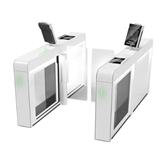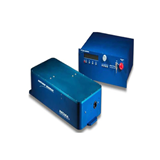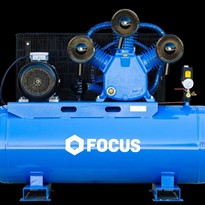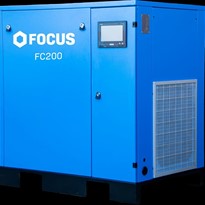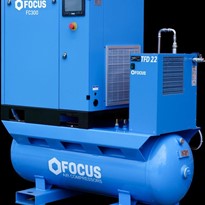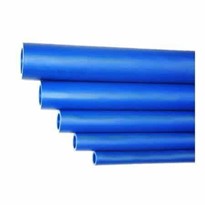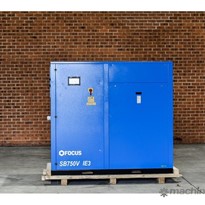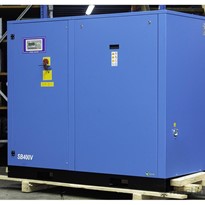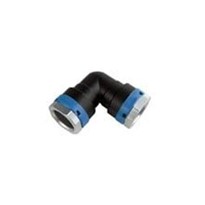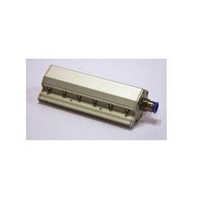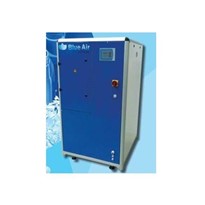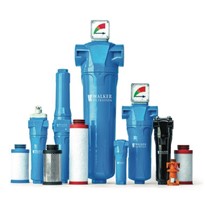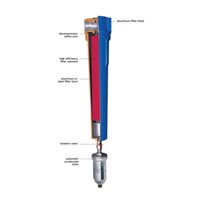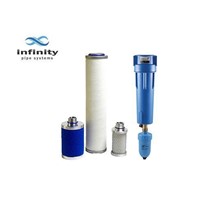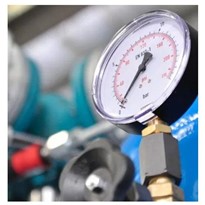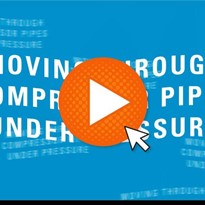As we move into 2025, this sector is experiencing notable shifts driven by technology, environmental regulations, and operational demands. Businesses that anticipate these changes will be better equipped to optimise their systems, control costs, and maintain a competitive edge.
Below are the key developments shaping the future of compressed air systems and how businesses can align their investments with these emerging opportunities.
Energy Efficiency Becomes Essential
Rising energy costs and increasing environmental accountability are pushing businesses to rethink their approach to compressed air systems. These systems are among the most energy-intensive components in many operations, often representing a large proportion of industrial power consumption. Variable Speed Drives (VSDs) are gaining popularity for their ability to match energy output to demand, reducing waste during lower usage periods.
Companies are also using energy audits and advanced analytics to identify inefficiencies. Issues such as leaks and poorly optimised systems remain common but are now being addressed through systematic inspections and technology upgrades. Improved efficiency is helping businesses reduce costs and operate more sustainably.
These changes are not just financially beneficial. For many organisations, enhancing energy performance is tied directly to meeting long-term sustainability commitments and demonstrating environmental leadership to clients, partners, and regulators.
Smarter Technology Enhances Reliability
Smart technology is revolutionising how compressed air systems are managed. IoT-enabled compressors now provide real-time data on system performance, allowing businesses to track key metrics such as pressure, temperature, and energy use. These insights enable operators to fine-tune performance and detect inefficiencies early.
Predictive maintenance is emerging as one of the most valuable applications of this technology. By monitoring trends and recognising anomalies, businesses can plan maintenance before failures occur. This approach reduces downtime, prevents costly disruptions, and improves overall reliability.
Organisations that adopt smart systems often find that the benefits outweigh the initial costs. Beyond reducing maintenance expenses, these systems improve transparency, allow for more accurate forecasting, and extend equipment lifespans.
Tailored Systems Deliver Measurable Results
Many businesses are moving away from standardised compressed air systems in favour of customised solutions. A generalised system often results in poor performance, with oversized setups wasting energy and undersized options failing to meet operational needs. Tailored systems address these inefficiencies directly.
Industries such as food production, timber joinery, and precision manufacturing all have unique requirements. For example, facilities prone to airborne particulates, like timber workshops, need compressors equipped to handle clogging risks. High-pressure applications demand systems capable of delivering precise and consistent performance.
By investing in a customised setup, businesses can achieve higher efficiency, reduced operational costs, and improved reliability. This approach also ensures that systems are built with future needs in mind, accommodating growth and evolving demands.
Environmental Accountability Shapes Investments
Sustainability continues to influence decision-making, with businesses actively seeking solutions that minimise their environmental impact. Compressed air systems have long been a target for improvement due to their energy use. Equipment manufacturers are responding by developing compressors with improved efficiency, lower noise levels, and advanced filtration capabilities.
Clean air output is a priority for industries such as food processing and healthcare, where compliance with strict quality standards is critical. Filtration and drying technologies now ensure that contaminants, oils, and moisture are effectively removed, making systems safer for people and equipment.
Businesses that invest in sustainable solutions are finding practical benefits as well. Lower energy consumption translates directly to reduced operating costs, while quieter and cleaner systems contribute to a safer and more efficient workplace.
Proactive Maintenance Minimises Risk
Preventative maintenance has become standard practice as businesses focus on ensuring system reliability and reducing downtime. Neglecting regular servicing can lead to significant losses, particularly in industries where compressed air is critical to continuous operations.
Routine inspections now go beyond basic part replacements. Leak detection systems, energy monitoring tools, and detailed performance reviews help maintain optimal efficiency. Businesses are recognising that small, proactive adjustments can prevent much larger disruptions, saving time and resources in the long run.
By adopting preventative maintenance strategies, organisations are preserving their ability to operate effectively and without interruption.
High-Pressure Systems Meet Growing Demands
The need for high-pressure compressed air systems continues to grow, particularly in industries demanding precision and consistency. Applications such as laser cutting, advanced manufacturing, and medical technologies rely on clean, high-pressure air to achieve optimal performance. For laser cutting, compressed air plays a pivotal role in cooling, removing debris, and ensuring clean cuts without contamination.
Modern high-pressure systems feature advanced filtration and drying capabilities to remove contaminants, ensuring stable performance. These systems protect sensitive equipment, such as fibre lasers, and help reduce costly breakdowns. By meeting stringent quality standards, businesses using these systems can maintain operational efficiency and improve reliability.
As more industries adopt advanced technologies, high-pressure systems have become indispensable for future-proofing operations. Their ability to manage complex demands makes them a critical investment for forward-thinking organisations.
Moving Forward
The compressed air industry is undergoing a period of rapid transformation, with efficiency, technology, and sustainability shaping its evolution. Businesses that adapt to these trends will benefit from improved performance, reduced costs, and the ability to meet evolving customer and regulatory expectations.
For organisations looking to explore these developments further or upgrade their systems, Focus Industrial offers over 40 years of expertise in providing tailored compressed air solutions across Australia. Whether you are considering energy-efficient upgrades, customised setups, or maintenance strategies, Focus is ready to help you get ahead.


.jpg)

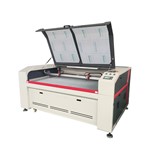
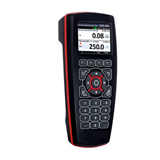

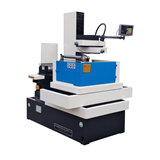

-160x160-state_article-rel-cat.png)

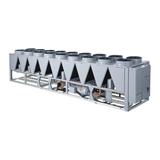
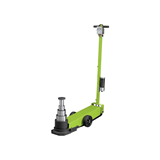
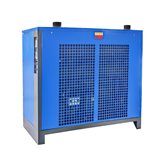



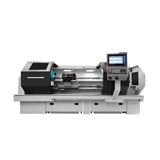


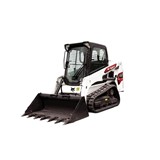

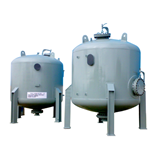
-160x160-state_article-rel-cat.png)
-160x160-state_article-rel-cat.png)
